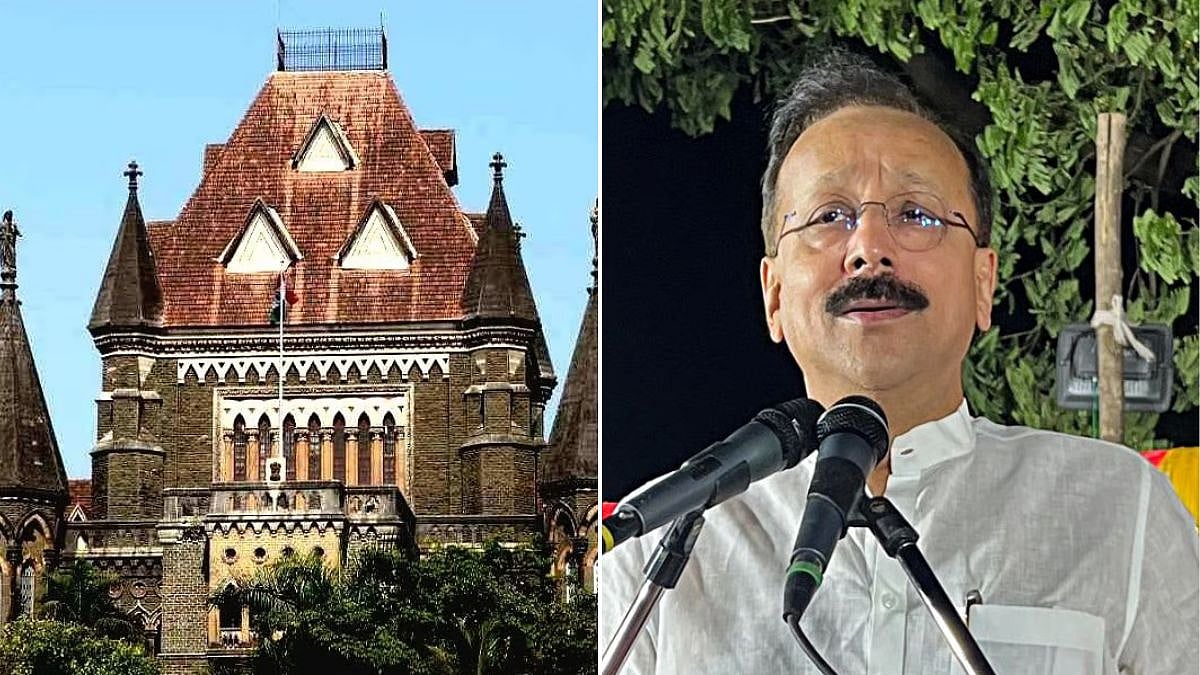Veteran journalist Rajdeep Sardesai recently opened up about his personal battle with prostate cancer, sharing a deeply emotional account that has inspired many. In a heartfelt vlog, the 60-year-old revealed that he was diagnosed during a routine medical check-up, which unexpectedly changed the course of his life. Sardesai, who underwent successful robotic surgery in August 2025, called it a “turning point” in his health journey.
Rajdeep Sardesai’s candid revelation
Sardesai shared that the diagnosis came to him in the most unexpected way, through a WhatsApp message from his doctor. “Cancer? Me? How? Why?” he recalled asking himself, as disbelief and fear set in. What was meant to be a carefree summer of covering cricket suddenly turned into a period of anxiety, hospital visits, and emotional struggle.
He admitted that the “C-word” still invokes dread for many, but the words of reassurance from his son, who is a surgeon, gave him hope. “If you have cancer, Papa, prostate is perhaps the best one can get. It is slow-moving and eminently curable,” his son told him. Sardesai said that meeting other cancer survivors and undergoing multiple tests gave him renewed strength and perspective.
According to experts, prostate cancer is the second most commonly diagnosed cancer among men in India, and when detected early, it has a high five-year survival rate.
Understanding prostate cancer
Prostate cancer develops in the prostate gland, a small, walnut-sized organ located below the bladder and in front of the rectum. This gland plays an important role in the male reproductive system by producing seminal fluid that nourishes and transports sperm.
The disease occurs when abnormal cells in the prostate start growing uncontrollably, forming a malignant tumor. In most cases, prostate cancer progresses slowly, and when caught early, before it spreads beyond the prostate, it is highly treatable.
Common causes and risk factors
Doctors are still studying the exact cause of prostate cancer, but certain risk factors significantly increase the chances of developing it:
-Age: Risk rises after the age of 50.
-Genetics: Family history or inherited gene mutations can play a role.
-Ethnicity: African and South Asian men face a slightly higher risk.
-Obesity: Linked to more aggressive forms of prostate cancer.
-Smoking and lifestyle: Poor diet, alcohol, and smoking contribute to higher risk.
-Chronic prostatitis and recurrent sexually transmitted infections can also be contributing factors.
Symptoms to watch out for
Early-stage prostate cancer often shows no noticeable symptoms, which is why routine screening and medical check-ups are essential for men over 40. As the condition progresses, symptoms may include:
-Frequent or urgent need to urinate, especially at night
-Weak or interrupted urine flow
-Pain or burning during urination
-Difficulty in controlling bladder or bowel movements
-Erectile dysfunction or painful ejaculation
-Blood in urine or semen
-Persistent pain in the lower back, hips, or chest

Early detection can save lives
Medical experts emphasise that early detection through PSA (Prostate-Specific Antigen) blood tests, digital rectal exams (DRE), and biopsies can drastically improve outcomes. When diagnosed at an early stage, prostate cancer can often be treated successfully through surgery, radiation therapy, hormone therapy, or active surveillance for less aggressive cases.









